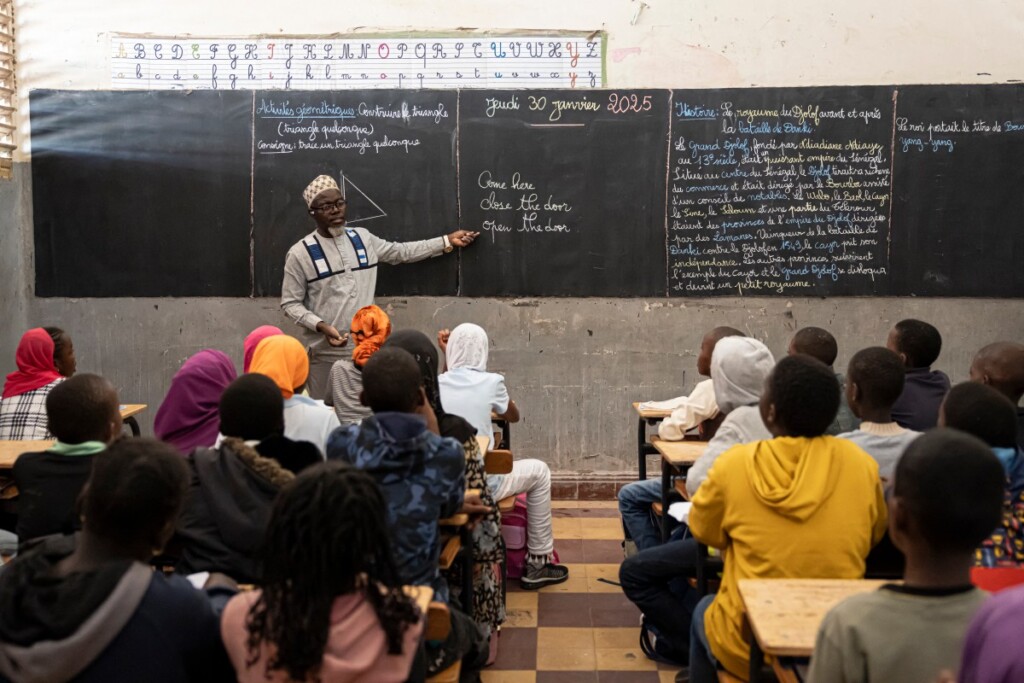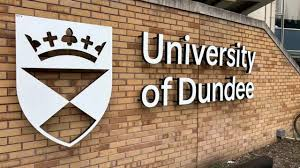In a groundbreaking shift, Senegal has introduced English lessons in nursery and primary schools, marking a significant departure from its traditional reliance on French as the primary language of instruction. The initiative, which began in mid-January, is currently being piloted in over 600 classrooms nationwide.
At a nursery school near central Dakar, a group of five-year-olds eagerly repeated English phrases as their teacher, Absa Ndiaye, guided them through the lesson. “They’re engaged and excited, even initiating conversations with ‘how are you?’” Ndiaye shared with AFP.
Senegal, a Francophone nation with strong historical ties to France, has long used French as the official language in schools and administration. However, English is increasingly seen as a gateway to global opportunities, economic growth, and international partnerships. Traditionally, English was only introduced in secondary schools and universities, with private institutions offering it earlier.
President Bassirou Diomaye Faye, elected in March on a nationalist platform, has been advocating for a recalibration of Senegal’s ties with France. While reaffirming Senegal’s alliances, he emphasizes a broader international outlook.
Aissatou Sarr Cisse, the education ministry’s English program director, underscored the importance of starting English education early. “Despite seven years of English instruction in secondary schools, many students struggle to communicate effectively. Introducing it at a younger age will enhance their proficiency and global readiness.”
The pilot program schedules two 25-minute English lessons per week for nursery students and two 30-minute lessons for primary school students. Lessons cover fundamental topics such as family, colors, greetings, and weather.
In a bustling primary school in Dakar’s Medina neighborhood, teacher Mamadou Kama observed his students’ enthusiasm. “Many students are asking for daily English lessons,” said Kama, who holds a degree in English. However, a lack of digital teaching materials remains a challenge. While some teachers await government-provided resources, Kama’s school has provided tablets, projectors, and printed materials to facilitate learning.
Cisse acknowledged these logistical hurdles, noting that computers and teaching handbooks are in the process of being developed. “We have carefully selected and trained proficient English teachers through an application process,” she added.
Education experts have praised the initiative, emphasizing its potential to integrate Senegal into the global academic and diplomatic landscape. “English is the most widely used language in international diplomacy and scientific research. Without proficiency in English, Senegal risks falling behind in global knowledge access,” warned academic Mathiam Thiam, who contributed to the program’s development.
However, critics argue that the country faces a shortage of qualified teachers, making the program unrealistic. “Introducing English at nursery and primary levels without sufficient teachers is impractical,” former parliamentarian and retired educator Samba Dioulde Thiam wrote in an opinion piece. He also pointed out that efforts to incorporate Senegal’s national languages into education have long been delayed.
Despite the debate, many students are enthusiastic about the change. Thirteen-year-old Aissatou Barry expressed her excitement: “I can’t wait to start learning English in sixth grade!”
As Senegal embarks on this linguistic transformation, the success of the initiative will depend on teacher training, resource availability, and sustained government support.





